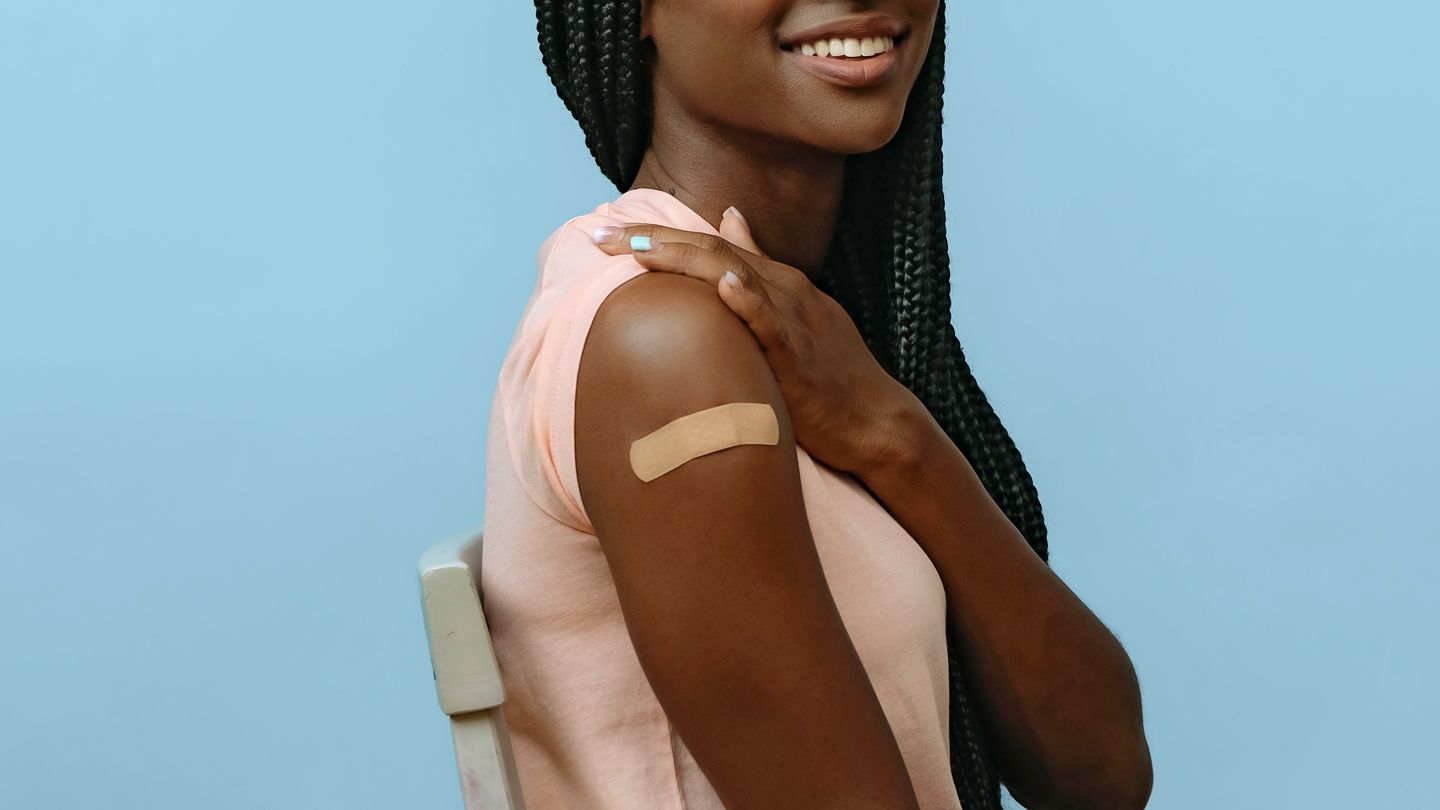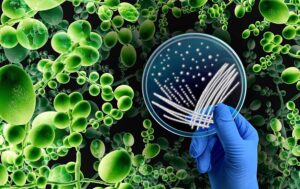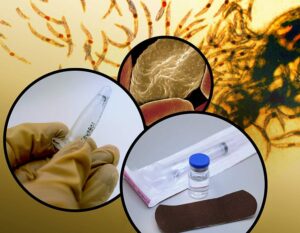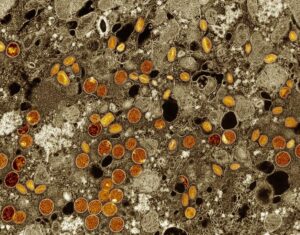Multiple tampon brands on the market have been found to contain certain types of toxins, including lead and arsenic, according to a new study that is prompting safety questions about these menstrual products.
“I was surprised we found metals, including the toxic metal lead, in all the tampons we tested,” says the first study author Jenni Shearston, PhD, MPH, an environmental epidemiologist at the University of California in Berkeley.
Even organic tampons didn’t completely eliminate exposure to toxic metals, the study found. While lead levels were lower in organic tampons, these products had higher levels of arsenic than nonorganic products.
While researchers didn’t assess how metals got into the tampons, it’s possible that cotton material absorbed these contaminants from water, air or soil, according to the study. It’s also possible that metals entered the cotton during the manufacturing processes in pigments, whiteners, or antibacterial agents used to produce the tampons.
Metals in Tampons Linked to Certain Health Risks
The metals detected in tampons have previously been linked to a wide range of health risks, including dementia, infertility, diabetes, and cancer, according to the study. They have also been associated with pregnancy and fetal development complications, as well as damage to the endocrine system. For lead in particular, there is no known level of exposure that is safe.
But the study left a major question unanswered — whether the metals are indeed leaching out of tampons and being absorbed by the body, Dr. Shearston says.
“We therefore cannot yet assess to what extent, if any, metals in tampons contribute to any health problems,” Shearston says. “We cannot yet say that people should not be using tampons.”
The U.S. Food and Drug Administration (FDA), which regulates tampons as medical devices, is reviewing the study and raised similar questions about the findings.
“While the chemical method used indicates these metals are present in the tampons tested in the laboratory, the study does not assess whether any metals are released from tampons when used in the body,” says the FDA spokesperson Amanda Hils.
“It also does not address whether any metal, if released, can be absorbed into the vaginal lining or, subsequently, into the bloodstream,” Hils says. “We plan to evaluate the study closely, and take any action warranted to safeguard the health of consumers who use these products.”
The study didn’t name specific brands or products. Representatives from the maker of Tampax, Procter & Gamble, Kotex maker Kimberly-Clark, and Playtex maker Edgewell — which account for most U.S. tampon sales — didn’t respond to Everyday Health’s requests for comment.
Choosing Menstrual Products to Limit Exposure to Toxins
All this makes it hard for consumers to decide which tampons to buy or whether to stop using tampons altogether — especially since there isn’t clear information about whether chemicals might be present in other menstrual products, says Shruthi Mahalingaiah, MD, an assistant professor of environmental, reproductive, and women’s health at the Harvard T.H. Chan School of Public Health in Boston.
“I believe that a prudent FDA would require product testing and ongoing surveillance for tampons for not only toxic metals but other potentially harmful substances,” says Dr. Mahalingaiah, who wasn’t involved in the study. “It is possible that tampons may be recalled — no one wants arsenic, mercury, or lead exposure to their reproductive organs.”
“There may be exposures in different menstrual products — so until we have improved exposure assessment and absorption studies for menstrual products, I won’t be able to answer the question of what is the safest option,” Mahalingaiah says.
Menstrual cups haven’t been linked to toxic metals or chemicals. These cups are bell-shaped devices you insert into your vagina during your period to collect menstrual blood. They can be removed, emptied, cleaned, and re-inserted. They can be a good option for people who are comfortable inserting the cups into their vagina, Mahalingaiah says, making this one possibility for tampon users worried about their exposure to toxic chemicals.













Post Comment